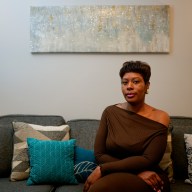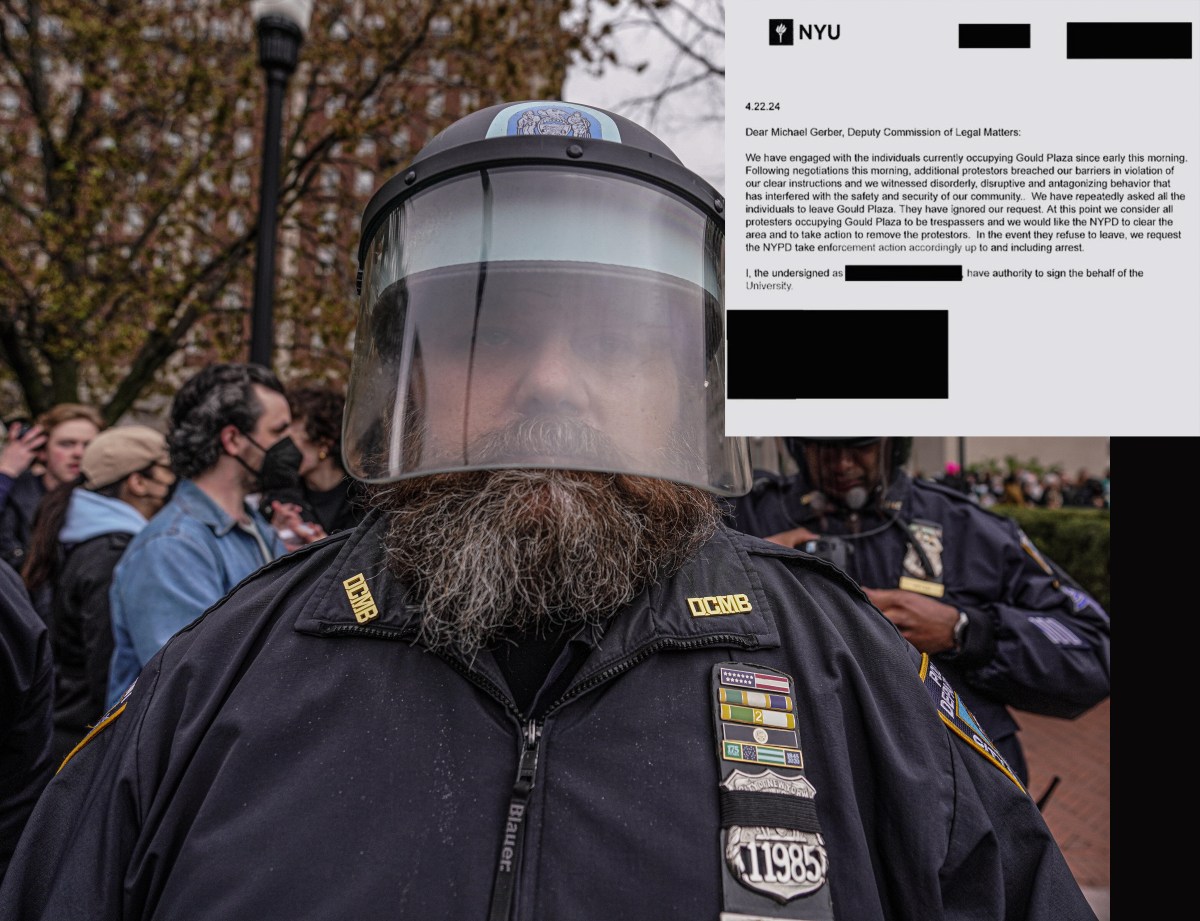Diane Kruger’s Hollywood breakthrough was playing Helen of Troy in “Troy” — the poster child for the character defined solely by looks. Since then, the German-born actress has proven she’s capable of playing more than just a face, showing her mettle in “Inglourious Basterds,” “Farewell, My Queen” and FX’s “The Bridge.” In “Disorder,” a French-Belgian thriller made by Alice Winocour (“Augustine,” and a co-writer on last year’s “Mustang”), she’s back to playing a woman defined by her looks —a trophy wife to a wealthy businessman who might be caught up in some dodgy arms dealing. But this time it’s different: Jessie, her character, proves smart and even resourceful when she and her son become targets for aggression, especially when it becomes clear the troubled former solider (Matthias Schoenaerts) hired to protect them might be too damaged to do his job. It’s clear Jessie is more than a trophy wife, even though she’s basically treated like an object. That it’s directed by a woman — and especially because it’s directed by Alice Winocour — it makes you read a lot into the character, to not judge her as just a rich man’s wife. RELATED: Interview: Hugh Grant on “Florence Foster Jenkins” and his fear of working with Meryl Streep You’ve said female directors are really tough to work with. Where does Winocour rank there? Do you like that many takes? Do you find male directors are a bit less intense with actresses? Your co-star, Matthias Schoenaerts, plays a former solider with PTSD. Schoenaerts went very Method for this: For instance, he’d barely sleep, and at one point had to be hospitalized. What was your experience working with a co-star who was really going there? He’s the new kind of man: Strong but not an alpha male bro. I think that old type might finally be a dying breed. You’ve actually never made a German film despite being German, at least until now. You’re about to make the next film by Fatih Akin (“Head-On,” “Soul Kitchen”). Is there a reason it’s taken so long to make a film in your native country?
I feel like she let herself be treated that way. I like that in the beginning you see her only from a distance, as this beautiful object or an object in this man’s house. She lives in a golden cage. She probably never asked questions about how they have all this. Obviously she made the choice of marrying a much older man.
If this movie had been directed by a man, I don’t know how I comfortable I would have been playing this kept trophy wife. She could easily be just a pretty face. I think the character has so many dimensions. I enjoy the arc of the character. When [Jessie’s] only looked from affair, there’s something the way [Winocour] films it that brings out an emotion.
Oh, she’s a tough director. She needs to see what she doesn’t like before she can find what she does like. There’s a lot of takes. She’s very precise. Some may want to call it anal. She can do 25 shots of a door opening.
I do. It’s challenging. There’s no scene in the film, even if it’s opening a window, where it doesn’t feel thought-through and has a meaning. She’s not someone who will say, “Let’s do this quickly and move onto something else.” But I like it. It demands your attention; it demands your creativity. You have ideas as an actor that a scene should be like this, but she says, “No, that’s not it at all.” Then you have to come up with something else.
Not that male directors are not demanding, but I find women, especially when it comes to their female characters, to be much more demanding than men. They always look for something more realistic. They’re usually not afraid to show, say, a woman being hysterical. A lot of men don’t want to see women cry or shout. They’re very involved in your physical appearance. It’s my experience that women don’t want you to wear makeup or get your hair done in a certain way. They’re just more directed and demanding.
He was a very generous partner. We didn’t hang out at night, so I guess he was up when I was asleep. [Laughs] He would sleep during lunch breaks or would go and lay down. He’s one of the reasons I wanted to be in the film, because I loved him in “Bullhead.” That was the first movie in Europe where people were like, “Who is this guy?” And physically he’s very atypical for a Belgian. He’s really tall and has an animalistic side to him — very physical. But he’s not afraid to show emotion. He’s not the tough guy with a gun. He didn’t disappoint.
Hope so. [Laughs]
I’ve had offers over the years. But I’m not super-familiar with the German film industry. And I’ve just been waiting for the part that would be a great first German part. This director, I love. I was at Cannes when he had a documentary in the festival. I went to a party to meet him and just said, “I love your movies. If you ever want to make a film with me, I’ll do it for free.” [Laughs] And he remembered that. He wrote this for me. This is the part I’ve been waiting for. It’s so far from who I am that I can’t actually believe he thinks I can do it. I’m not convinced I can do it. [Laughs]
Diane Kruger on the difference between female and male filmmakers
Follow Matt Prigge on Twitter @mattprigge


















